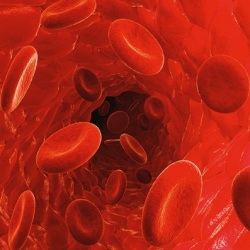
Researchers have developed two tests that could potentially detect autism. Both tests, one blood, and one urine are based on a previously discovered link between damage to proteins in blood plasma and autism. The team hopse that they could help improve early detection of autism spectrum disorders (ASD).
The study, published in the journal Molecular Autism, confirmed previous research that had linked certain mutations in amino acid transporters with ASD. Since proteins in blood plasma can be damaged by two processes, oxidation and glycation, and the researchers developed tests that can detect that damage.
Armed with this knowledge and using the most reliable of the tests they developed, the team took urine and blood samples from 38 children with ASD, as well as a control group of 31 children who had not been diagnosed with ASD. With the help of an artificial intelligence (AI)-developed algorithm, the team figured out how the two groups were chemically different.
“With further testing we may reveal specific plasma and urinary profiles or “fingerprints” of compounds with damaging modifications,”, Reader of Experimental Systems Biology at the University of Warwick and the research team’s lead. “This may help us improve the diagnosis of ASD and point the way to new causes of ASD.”
